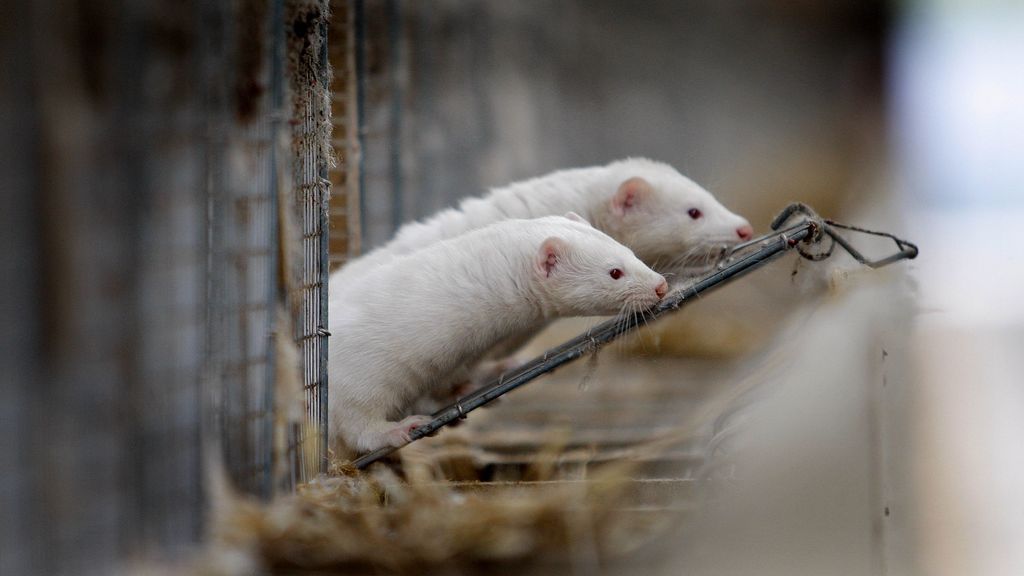AP
NOS News•
Avian influenza was diagnosed on a mink farm in northwest Spain last October. The researchers said the minks may have infected each other with the virus. This would be the first evidence that the current avian influenza virus can be transmitted from mammals to mammals.
Spanish and Italian researchers studied the prevalence of mink farming. Perhaps the reason for this was the food that the minks received, most often the leftovers of poultry food. It is also possible that minks in semi-open housing may have come into contact with wild seabirds infected with avian influenza.
The death rate among minks rose relatively high in a short period of time, reaching 4.3 percent per week. This means that at the peak breeding outbreak with 52,000 animals, more than 2,200 mink died. Examined dead animals often had severe pneumonia and a bloody snout.
According to the researchers, a high mortality rate is an important indicator of mink infection with each other. “It is unlikely that the contamination in all of those deaths resulted from feed or contact with wild seabirds,” says Thijs Kuiken, a virologist at Erasmus Medical Centre.
Ferrets
The researchers dare not conclude that the minks in Spanish breeding actually infected each other with the avian influenza virus. “They are awaiting further research from the laboratory, which, among other things, studies ferret-to-ferret avian influenza virus infection,” says Kuiken.
Ferrets are also haberdashery, and in terms of infection they are very similar to humans. How efficiently the virus is transmitted from ferret to ferret is a good measure of the efficiency with which the virus can be transmitted from human to human. The World Health Organization (WHO) describes that the chance of spreading from person to person is small.
However, there is a known case of a 9-year-old girl in Ecuador that were infected infected with avian influenza, possibly by poultry in her backyard.
Corona outbreak
Minks, like all mustelids, are susceptible to influenza viruses. Mink is kept for its fur, which is widely used in the fur industry.
Due to the outbreak of the Corona virus in the remaining mink farms in the Netherlands, these companies were closed more quickly in 2020. The ban on fur farming will not actually take effect until 2024.







